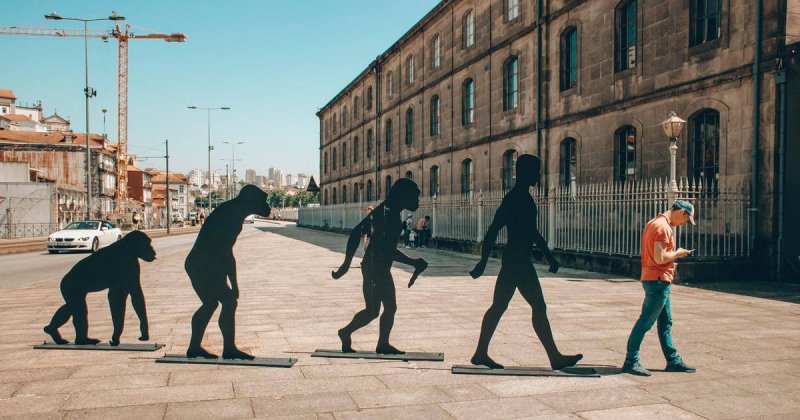For Prof. Ze’ev Hochberg of the Rappaport Faculty of Medicine at the Technion – Israel Institute of Technology, Haifa, evolution hasn’t stopped. Instead, it has accelerated.
“Evolution depends on the environment in which we live, which is currently changing faster than in any other period,” he says… “We found that where there is more stress – for example, in countries with a high level of violence – people are shorter. There is even a correlation between corruption and economic inequality and height. That’s an example of the connection between the environment and human evolution. During the past 150 years, the average height was constantly increasing. However, that’s no longer the case with the past generation. The cultural influence on evolution is faster and stronger today than previously, and this is evident in a variety of features.”
“We live in a world that’s no longer very suitable for us,” sighs the Technion’s Hochberg. “We were created in Africa, where day and night were equal in length, and now there’s electricity and we live in the light 18 hours a day. We were created to live a simple life, and we’re living in a world full of stress.”































